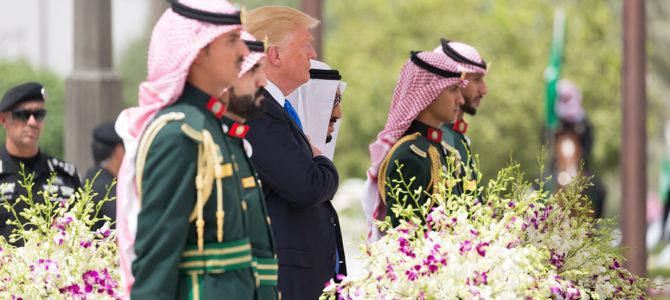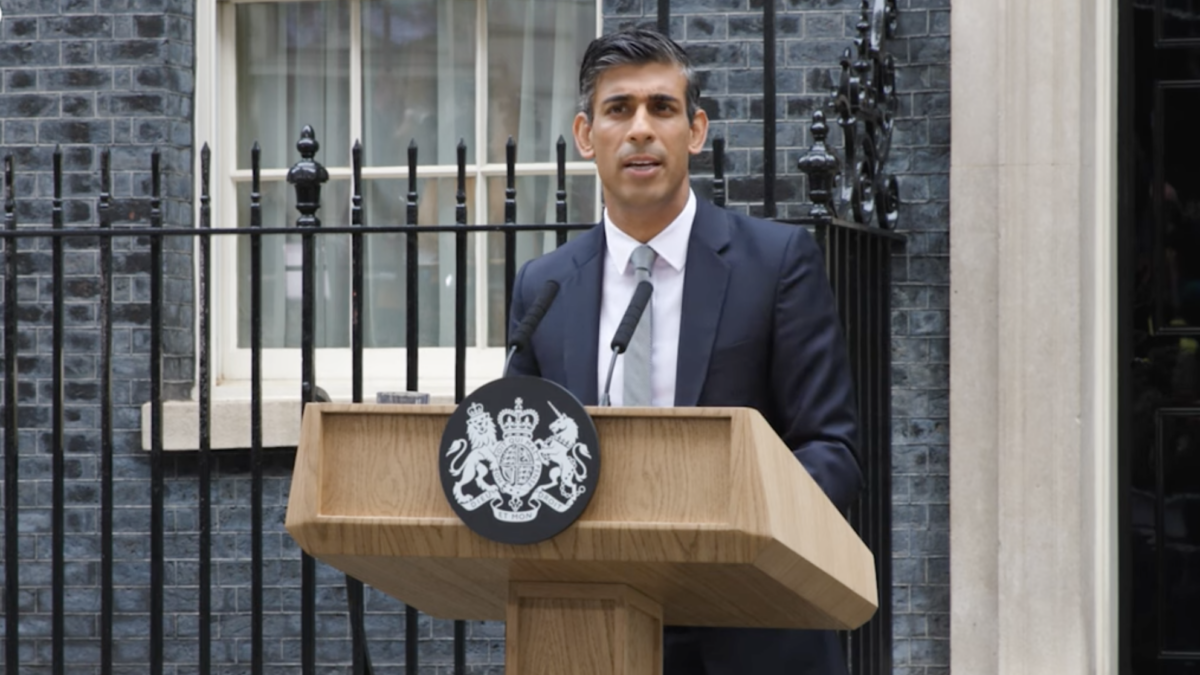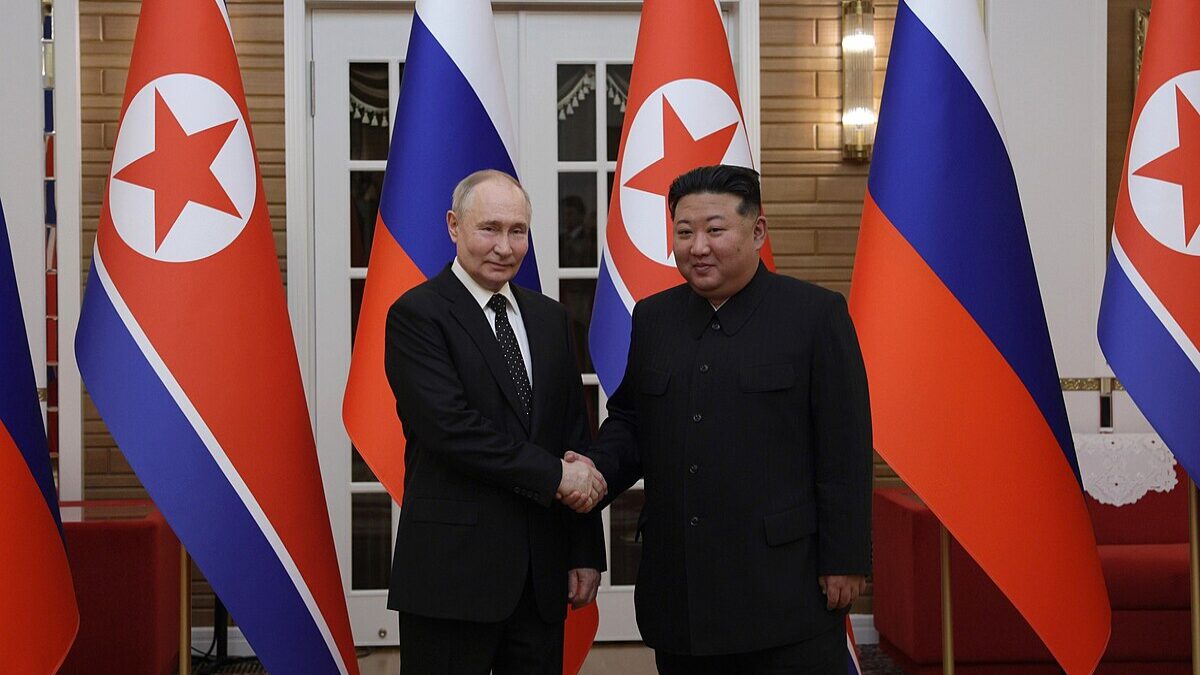
When one finds oneself in a bar in which a brawl is about to erupt, it is best to go stand next to friends whose backs are against the wall, seemingly minding their own business while actually reading the room. The Middle East is that bar, except everyone is drunk on ideology and nationalism, not quality Scotch, and America’s old friend Israel is standing against the wall waiting for the first barstool to be thrown.
Tensions continue to rise in the Persian Gulf and around the Middle East as the phase of fighting through proxies has nearly ran its course. The operations for Mosul and Raqqa are winding down for the Kingdom of Saudi Arabia and the Islamic Republic of Iran, while both continue to claim the other is escalating the situation. On Monday, the Saudis accused Iran of sending three members of the Iranian Republican Guard Council (IRGC) disguised as fishermen to sabotage an oil rig in the Persian Gulf using a boat filled with explosives. The Saudi reports are pretty vague and it is a matter of Iran’s word versus the Saudis’, but what is undeniable is that the situation in the Middle East is deteriorating.
BREAKING: #Saudi captures 3 #Iran Revolutionary Guard members after their boat tried to target oil field (Reuters) https://t.co/dLfOndtrVU
— Joyce Karam (@Joyce_Karam) June 19, 2017
Who knows if the fishermen are actually IRGC? Iran has issued denials, claiming that no proof exists that the three men in custody have any ties to the Iranian military, but it has been confirmed that Iran has been meddling all around Saudi borders: aiding the Houthi in Yemen, influencing politics in Bahrain, and funding terrorism through Qatar.
Likewise, who knows if Saudi Arabia actually had a hand in the attack on Tehran that the Islamic State of Iraq and Syria (ISIS) claimed? It is not likely, but Wahabbism did originate in Saudi Arabia, and the kingdom will have to spend generations distancing itself from that, a process they have just begun. Altogether, tension along the maritime border for the two nations is merely a symptom of a much larger problem, one that the U.S. Congress and White House have shown no interest in addressing publicly.
The United States Isn’t Really Interested
Thus far, the situation in the Middle East has rarely been addressed except when pressed. The official line from the White House is “the escalation of hostilities among all of the factions that are operating there doesn’t help anybody,” according to White House Press Secretary Sean Spicer during the press gaggle on June 19, when reporters repeatedly questioned him about the situation. Spicer eventually stated that the U.S. government wants to make sure “that people understand while we want to de-escalate the situation there, that we have to understand that we will always preserve the right of self-defense.”
With so few words from the State Department and the Department of Defense on the tensions, one is left to examine the actions of the two agencies, as well as those of the U.S. government as a whole. Spicer’s statement is mirrored by the commanders of Operation Inherent Resolve, the U.S. military operation against ISIS: peaceful and encouraging words, swift and firm actions. The United States has enforced its deconfliction zone four times now, including shooting down a Syrian jet, and recently approved an arms sale to the Saudis.
To further gauge DC’s positions, one can also use America’s allies as a weathervane: Israel’s comfort level with the U.S.-Saudi arms sales, as well as with Egypt transferring two strategic islands in the Red Sea to the Saudis, signal that DC is comfortable with Saudi Arabia asserting itself as the regional power to be reckoned with in the Middle East.
On the other hand, Iran has not changed its 40-year-old antagonistic position on Israel, refusing to even recognize it exists and funding violence in Gaza for decades. But it’s been exactly 50 years since the Six Day War, in which Israel fought against Egypt, Jordan, Syria, and other countries in a Pan-Arab alliance, and the region may soon again be reminded that Israel does not ask for permission to defend itself. Iran claims to be uniting a land route from their border to the Mediterranean, which the Israelis will not tolerate, as they view it as unacceptable for Iran’s current regime to have the ability to establish a naval blockade in the Red Sea and Mediterranean.
ISIS Is Worse than the Israelis, Even to Arabs
Israel is comfortable with moving away from some of the guidelines in the Camp David Accord that established only Egypt could control the two islands in the Red Sea, but it is not comfortable with Iranians having direct and unchecked access through a country that sits on Israel’s northern border. This has not been debated because, for the Israelis, it is not up for debate.
The move creates more resentment towards Saudi Arabia for appearing to collaborate with Zionists, which is unpopular among both Shia and Sunni, but the Saudis have been targeted for far more attacks by ISIS than Iran has. Sure, it is the birthplace of Wahhabism, but their open efforts to rebrand away from the seventh century fantasy of “true Islam” paint a target on their backs.
On Saturday, a large crowd of 300,000 Muslims gathered to celebrate Ramadan in Jerusalem in the courtyard of the al-Asqa Mosque, where the day before Israel had suffered its first attack from ISIS inside Israel, in which three terrorists attacked police officers. This doesn’t seem significant at first glance, as ISIS attacks everywhere and everyone, but only Saudi Arabia is willing to maintain a distant peace with Israel to contain and defeat the poisonous ideology of the Islamic State. This is a huge shift in the policy winds of the Middle East, because the Saudis are signaling to the rest of the region, as well as the world, that the Islamic State is a far more dangerous threat than the Israelis.
It is possible that 50 years after the failed efforts and a humiliating defeat of a Pan-Arab force in the Six Day War that Arabs realize a live-and-let-live policy with Israel is the best for everyone. For now, Israel stands quietly vigilant as always, waiting to see how these tensions play out, and the United States should continue to firmly stand next to its longtime ally, Israel.









